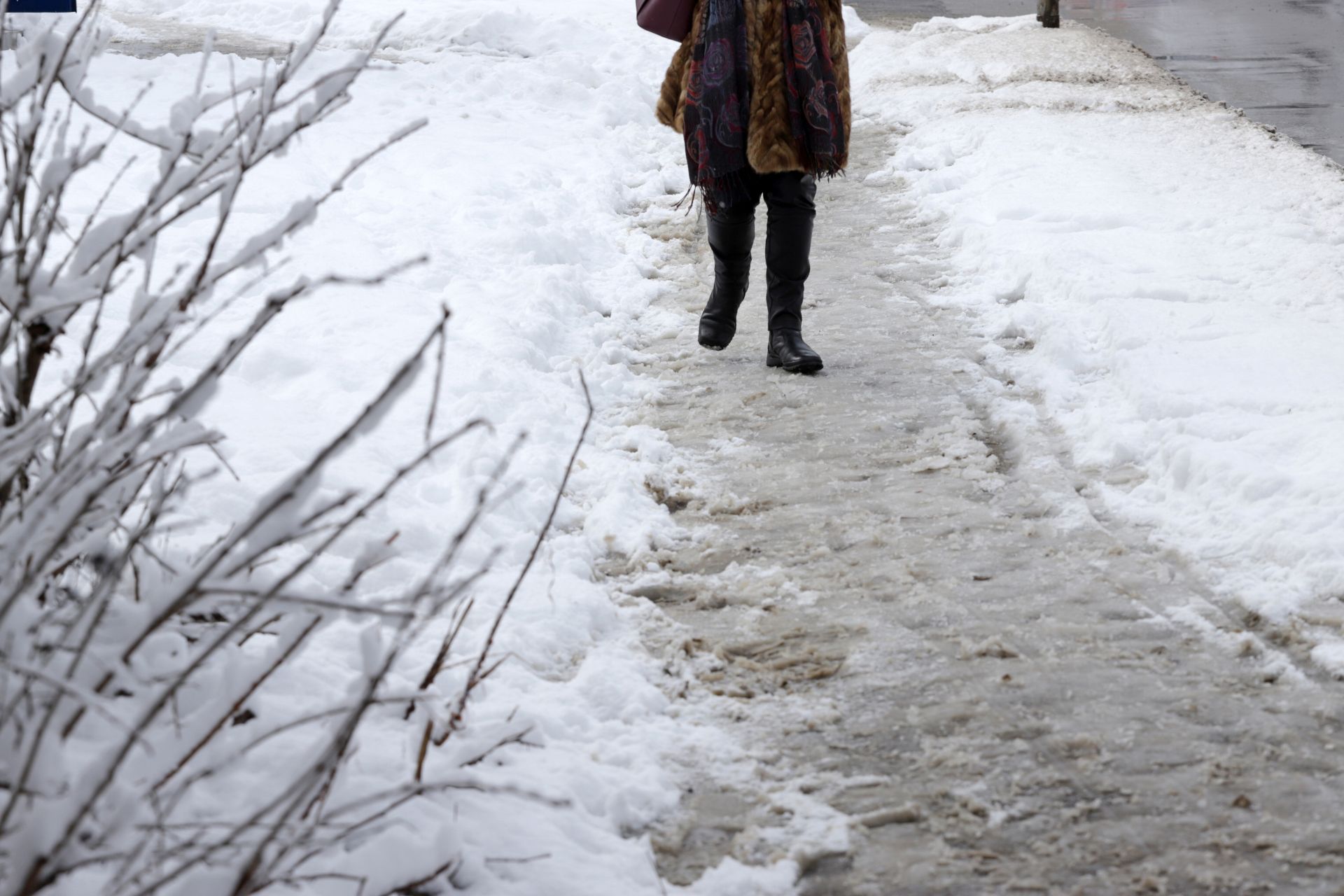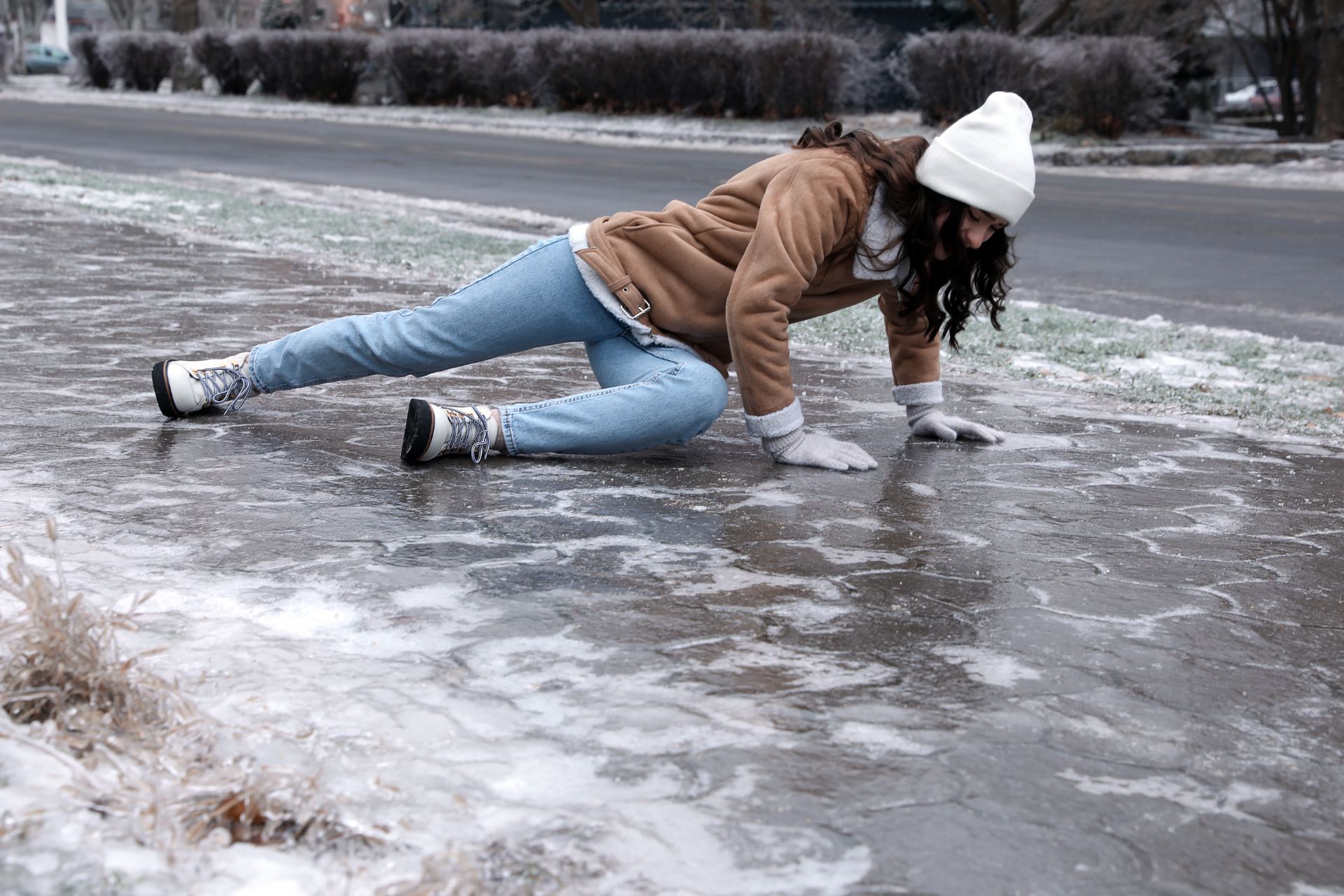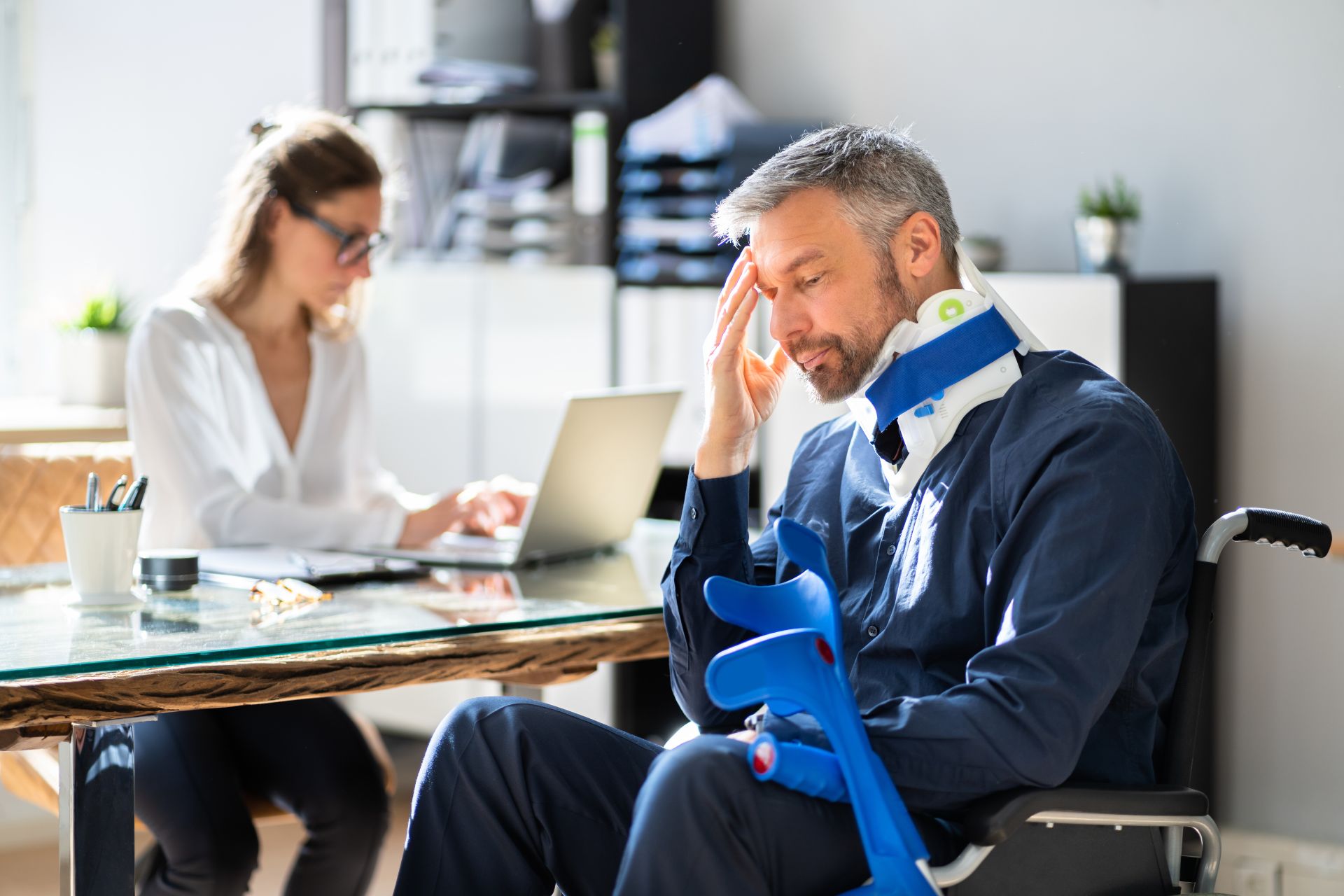The holiday season is a time for celebration, family gatherings, and festive cheer. However, with the increased activity and busy schedules, the risk of accidents also rises significantly. From icy sidewalks to holiday travel mishaps, understanding the common causes of accidents and how to prevent them is essential for keeping your season safe and joyful.
Here are some practical tips to help you avoid common holiday accidents while enjoying the festivities responsibly.
Recognizing Common Holiday Risks
Winter Weather Hazards
Snow and ice make walkways, driveways, and roads treacherous during the holiday season. Slip and fall accidents are particularly common, often leading to injuries that require medical attention. Wearing proper footwear and keeping pathways clear of snow and ice can significantly reduce these risks.
Holiday Travel Challenges
Travel increases during the holidays, whether it’s for visiting family or last-minute shopping. Busy roads combined with winter conditions elevate the risk of car accidents. Ensuring your vehicle is in good condition, driving cautiously, and giving yourself plenty of time to reach your destination can help you avoid mishaps.
Shopping Mishaps
Crowded malls and stores create potential hazards such as slipping on wet floors or tripping over misplaced items. If you’re injured due to negligence, such as a store failing to address safety concerns, you may need to consult a personal injury lawyer to understand your rights.
Home Safety Concerns
Decorations like string lights and candles can be fire hazards if not used carefully. Additionally, hosting gatherings can expose guests to potential risks if your home isn’t adequately prepared for increased foot traffic.
Tips for Staying Safe This Holiday Season
1. Stay Aware of Your Surroundings
Pay close attention to your environment whether you’re shopping, attending holiday events, or simply walking outdoors. Look for hazards such as icy patches, uneven surfaces, or wet floors.
2. Use Proper Safety Equipment
Invest in items such as non-slip mats, winter tires, and weather-appropriate footwear. These small steps can make a significant difference in preventing accidents.
3. Prepare for Winter Travel
Before embarking on a road trip, check your vehicle’s tires, brakes, and fluid levels. Keep an emergency kit in your car that includes blankets, a flashlight, and first-aid supplies in case of unexpected delays.
4. Practice Fire Safety
When using candles or holiday lights, ensure they are placed away from flammable materials and never leave them unattended. Test your smoke detectors before the holiday season begins.
5. Host Gatherings Responsibly
If you’re hosting a holiday event, ensure walkways are clear, and your home is free of trip hazards. Be mindful of serving alcohol responsibly to guests.
What to Do if an Accident Happens
Seek Medical Attention
If you experience an injury, your first priority should always be your health. Seek medical attention immediately, even if the injury seems minor, as some issues may not be apparent right away.
Document the Incident
If the accident occurs due to someone else’s negligence, such as a slip and fall at a store, take photographs of the scene and gather contact information from witnesses.
Consult a Personal Injury Lawyer
Understanding your legal rights after an accident can be challenging, especially during the busy holiday season. A law firm specializing in personal injury cases can guide you through the process and help you seek compensation for medical bills, lost wages, and other damages.
How Legal Services Can Help
Premises Liability Cases
If you are injured on someone else’s property, such as a store or event venue, legal services can help determine if the property owner was negligent. Premises liability laws hold property owners responsible for maintaining safe conditions.
Car Accident Claims
Holiday travel increases the likelihood of car accidents. A personal injury lawyer can assist in negotiating with insurance companies and pursuing compensation for injuries and damages sustained in a collision.
Slip and Fall Incidents
Slip and fall cases often occur during the winter months when icy conditions prevail. If a business or property owner fails to address safety hazards, a law firm can help you build a case to hold them accountable.
The Role of a Law Firm in Your Recovery
Navigating a personal injury claim during the holidays can be overwhelming. A law firm provides essential support by handling the legal complexities, allowing you to focus on your recovery. From gathering evidence to negotiating settlements, their expertise ensures you receive fair compensation for your injuries.
Final Thoughts
The holiday season should be a time for celebration and joy, not dealing with preventable accidents. By staying vigilant and taking proactive measures, you can reduce the likelihood of holiday accidents and ensure a safe, enjoyable season for yourself and your loved ones.
If you find yourself in need of legal assistance after an accident, the team at Trotta Law in Vaughan is here to help. Contact us today for experienced and compassionate representation.





